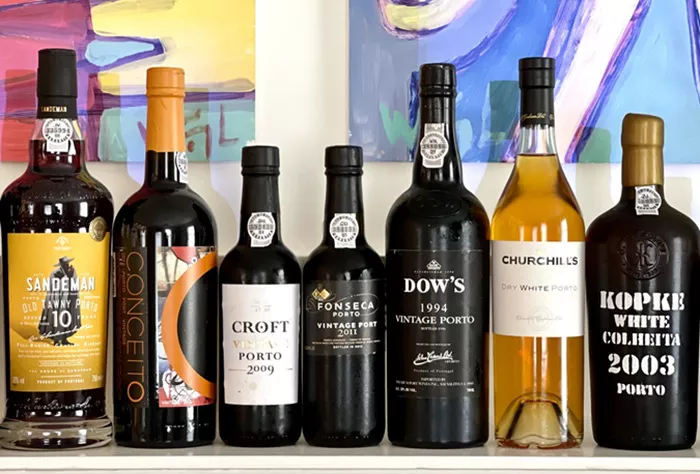As global wine culture often revolves around traditional powerhouses like France, Italy, and Spain, the United Kingdom has quietly emerged as a notable contender in recent years. While the UK has long been synonymous with whiskey and beer, it is gaining recognition in the wine sector, largely due to the effects of climate change.
Historically, wine production in the UK dates back over 2,000 years, influenced by the Roman Empire’s expansion. However, the nation’s cooler climate and frequent overcast skies have hindered grape cultivation, resulting in limited wine production. Despite these challenges, the British wine industry has seen remarkable growth, with the number of wineries increasing by 80% in the past six years. According to statistics from the British Wine Council (WineGB), the number of wineries reached 943 last year, producing an annual output of 12.2 million bottles—130% more than five years ago. Experts anticipate this growth will more than double within the next two years. Although these figures are modest compared to the billions of liters produced in countries like France and Italy, the momentum is significant, with some critics predicting that top-quality Chardonnay could emerge from the UK by the 2030s.
The Impact of Climate Change and Brexit
Most UK wineries are concentrated in the warmer southeast, where climate change has rendered these areas more suitable for grape cultivation. In contrast, traditional winemaking regions in Europe, such as Italy and Portugal, have seen significant declines in grape production due to adverse weather conditions. However, these countries continue to manage overproduction.
Brexit has further altered the landscape for British wineries by easing many EU regulations that previously burdened the industry. This reduction in restrictions has lowered operational costs, enhancing the trading environment for British wine estates.
The Challenge of Visibility
Despite the industry’s growth, British wine often seems to be overlooked, particularly in supermarkets where local options are scarce. This contrasts sharply with the availability of wines in other European wine-producing nations. A closer look reveals that some wineries, like Gusbourne Manor, prioritize quality over quantity. Their strategy of low production focuses on crafting premium wines, with prices often ranging from £40 to £50 per bottle, far exceeding the cost of mass-produced wines available in supermarkets.
Key Wine Regions: Kent and Sussex
Kent and Sussex are pivotal to the UK’s wine production. Kent is well-known for its proximity to France, having played a significant role during World War II. In 2017, the prestigious French champagne house Taittinger invested in a vineyard in Kent, signaling international confidence in British wine.
Sussex, less familiar to some, is home to the popular seaside town of Brighton and is noted for its favorable climate. The region is considered the sunniest in the UK, making it ideal for growing grape varieties such as Chardonnay and Pinot Noir. Notably, Sussex is recognized for its chalky soil, which imparts distinctive acidity and minerality to the wines. In 2022, Sussex earned the “Protected Designation of Origin (PDO)” status, solidifying its identity as a unique wine-producing region.
Sparkling Wine: The British Specialty
British wines are increasingly known for their sparkling varieties. Brands like Nyetimber, Ridgeview, and Gusbourne have gained accolades in international competitions, highlighting their quality. Nyetimber, often found in Hong Kong, is priced higher than many established champagnes, while Ridgeview has garnered a reputation for its quality, frequently featured at state banquets. Gusbourne, a notable producer of British sparkling wine, was chosen for King Charles III’s coronation, showcasing the growing prestige of British wines.
As the British wine industry continues to evolve, driven by climate change and new market dynamics, it is carving out a distinct identity on the global wine stage, challenging preconceived notions and expanding its influence in the wine world.
You Might Be Interested In:


